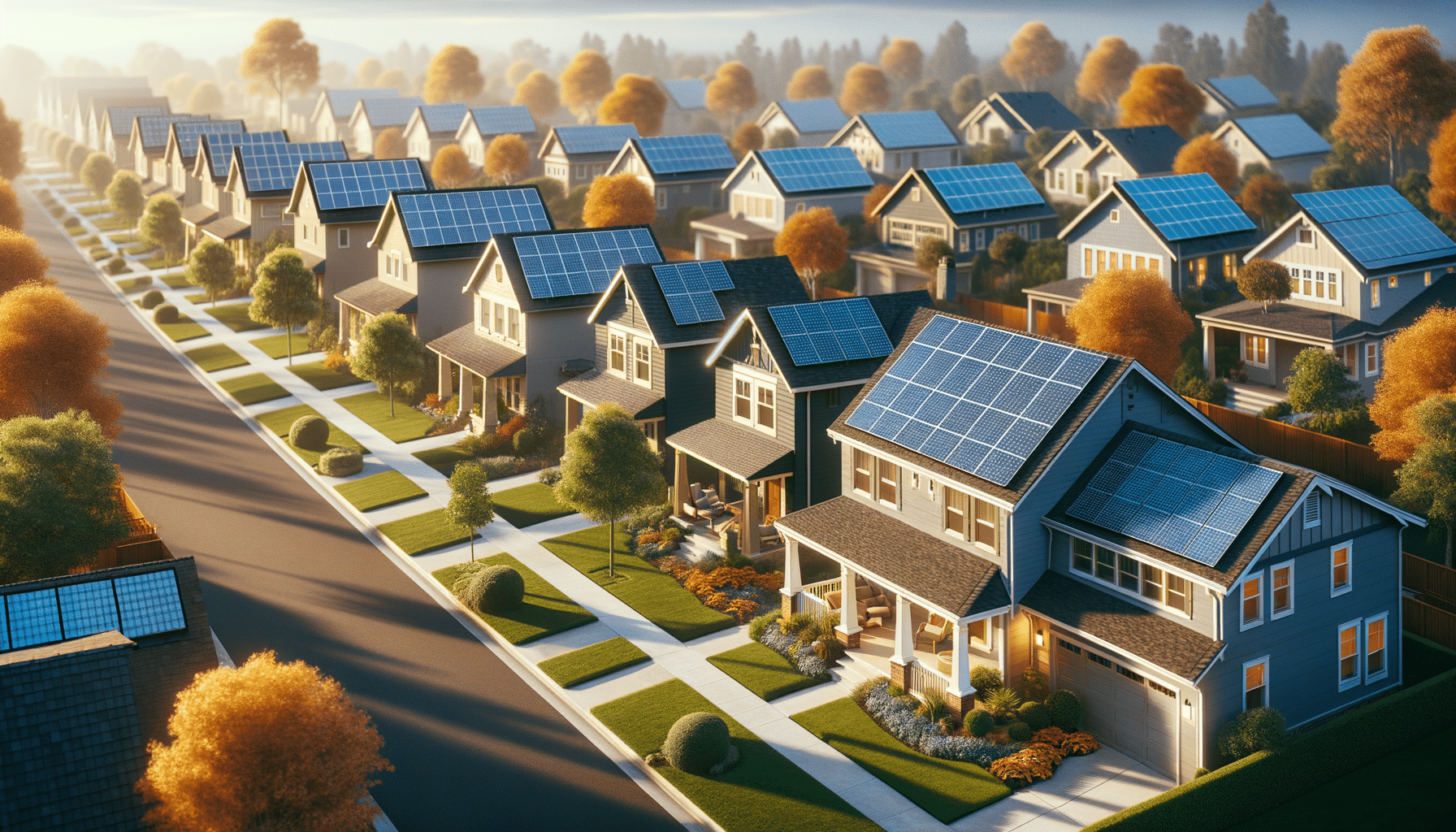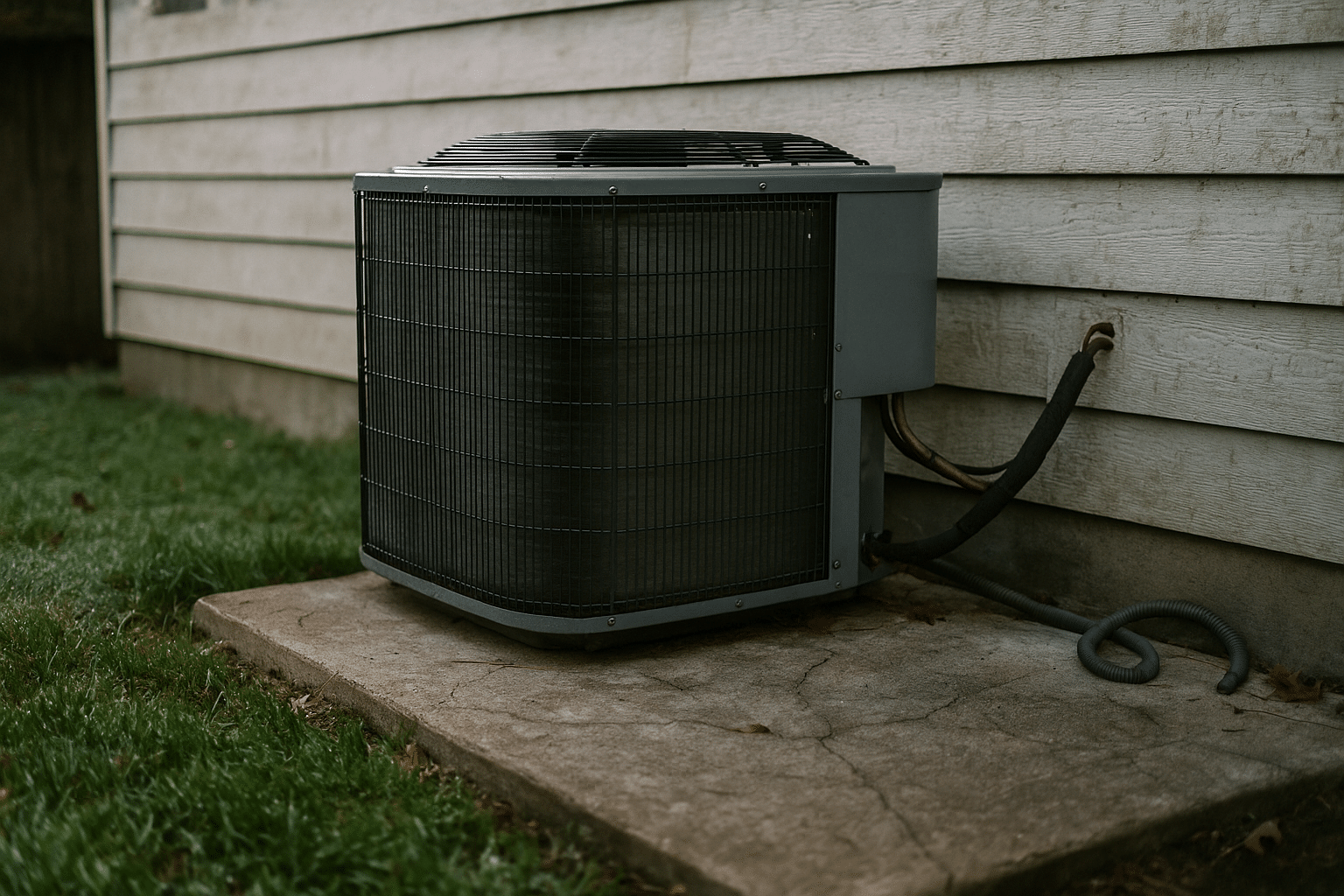
Home Solar in the U.S.: A Smart Choice for Savvy Investors
The Rise of Solar Energy
Solar energy has been gaining significant traction as a viable and sustainable energy source. With the increasing awareness of climate change and the need for renewable energy, solar power presents a compelling solution. It harnesses the sun’s energy and converts it into electricity, offering a clean and abundant energy source. As technology advances, the efficiency and affordability of solar panels have improved, making them more accessible to homeowners and businesses alike.
The adoption of solar energy is not just about environmental benefits; it also provides economic advantages. Governments across the globe are offering incentives to encourage the use of solar power, further driving its popularity. This shift towards renewable energy is crucial in reducing our reliance on fossil fuels and minimizing carbon emissions, contributing to a healthier planet.
Solar energy’s impact extends beyond environmental and economic aspects. It also represents energy independence. By installing solar panels, individuals and communities can generate their own electricity, reducing dependency on traditional power grids and enhancing energy security.
Understanding Solar Panels
Solar panels, or photovoltaic (PV) panels, are the heart of solar energy systems. They capture sunlight and transform it into electricity through a process called the photovoltaic effect. Comprising numerous solar cells made from semiconductor materials like silicon, these panels are designed to optimize energy absorption and conversion.
The efficiency of a solar panel is determined by its ability to convert sunlight into usable electricity. While earlier models had limitations, modern panels have reached impressive efficiency levels, making them a practical choice for both residential and commercial installations. The durability and lifespan of solar panels have also improved, with many manufacturers offering warranties that extend over two decades.
Choosing the right solar panel involves considering factors such as efficiency, cost, and installation requirements. As the market expands, a variety of options are available, allowing consumers to select panels that best suit their energy needs and budget constraints.
Benefits of Residential Solar Panels
Installing residential solar panels offers numerous advantages, making it an attractive option for homeowners. One of the primary benefits is the reduction in electricity bills. By generating their own power, homeowners can significantly decrease their reliance on utility companies, leading to substantial savings over time.
Moreover, residential solar panels increase property value. Homes equipped with solar energy systems are often more appealing to buyers, who recognize the long-term savings and environmental benefits. This added value can provide a competitive edge in the real estate market.
Environmental impact is another crucial factor. Residential solar panels contribute to reducing carbon footprints and promoting sustainable living. By utilizing clean energy, homeowners play a part in combating climate change and preserving natural resources for future generations.
- Reduction in electricity bills
- Increased property value
- Environmental benefits
Challenges and Considerations
While the benefits of solar panels are compelling, potential challenges must be considered. The initial installation cost can be a barrier for some homeowners, although various financing options and government incentives can mitigate this expense. It’s important to conduct a cost-benefit analysis to determine the feasibility and long-term savings of installing solar panels.
Another consideration is the location and orientation of the property. Solar panels require adequate sunlight exposure to function optimally. Shaded areas or regions with less sunlight may not yield the desired energy output, impacting the system’s efficiency.
Maintenance is another aspect to consider. Although solar panels are generally low-maintenance, regular cleaning and inspections are necessary to ensure peak performance. Homeowners should be prepared to invest time and resources into maintaining their solar energy systems.
- Initial installation cost
- Location and sunlight exposure
- Maintenance requirements
The Future of Home Solar Energy
The future of home solar energy is promising, with continued advancements in technology and increased adoption. As solar panels become more efficient and affordable, their integration into residential settings is expected to rise. Innovations such as solar roof tiles and improved battery storage solutions are paving the way for more seamless and efficient solar energy systems.
Furthermore, the global push towards renewable energy is likely to drive policy changes and incentives that support solar adoption. This shift will not only benefit individual homeowners but also contribute to national and global sustainability goals.
In conclusion, residential solar panels represent a smart investment for those looking to reduce their carbon footprint and save on energy costs. As technology continues to evolve, the role of solar energy in powering homes will only become more significant, offering both environmental and economic benefits.
- Technological advancements
- Policy changes and incentives
- Increased adoption


